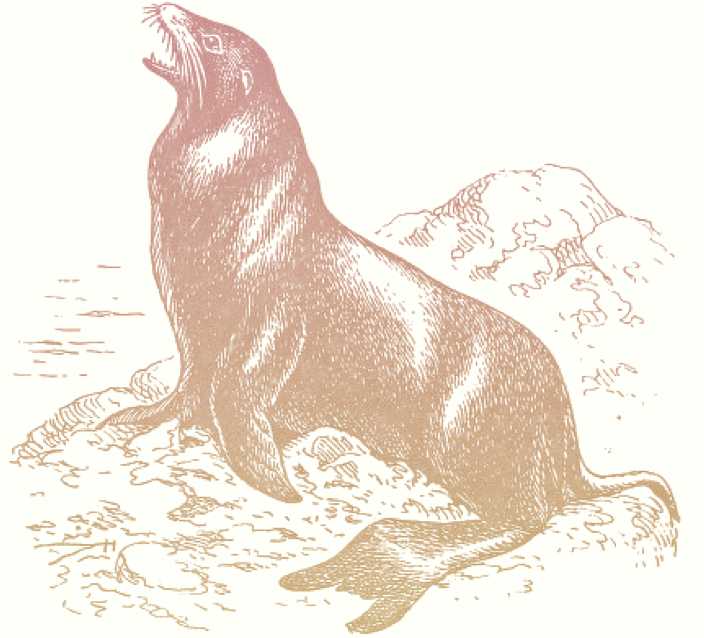Why focus on a bioregion?
Bioregions are the emergent boundaries expressed by nature
We embrace the frame of the bioregion: that we are inhabitants of a more-than-human community in partnership with the landscape we live on. We are inspired by the indigenous communities who identify themselves by their local mountain, the nearest river, and the animals and plants they count as kin. We bow in gratitude to the visionaries of the bioregionalism movement, including Peter Berg and Gary Snyder. Remembering the bioregion reminds us that we do this work with all our relations.
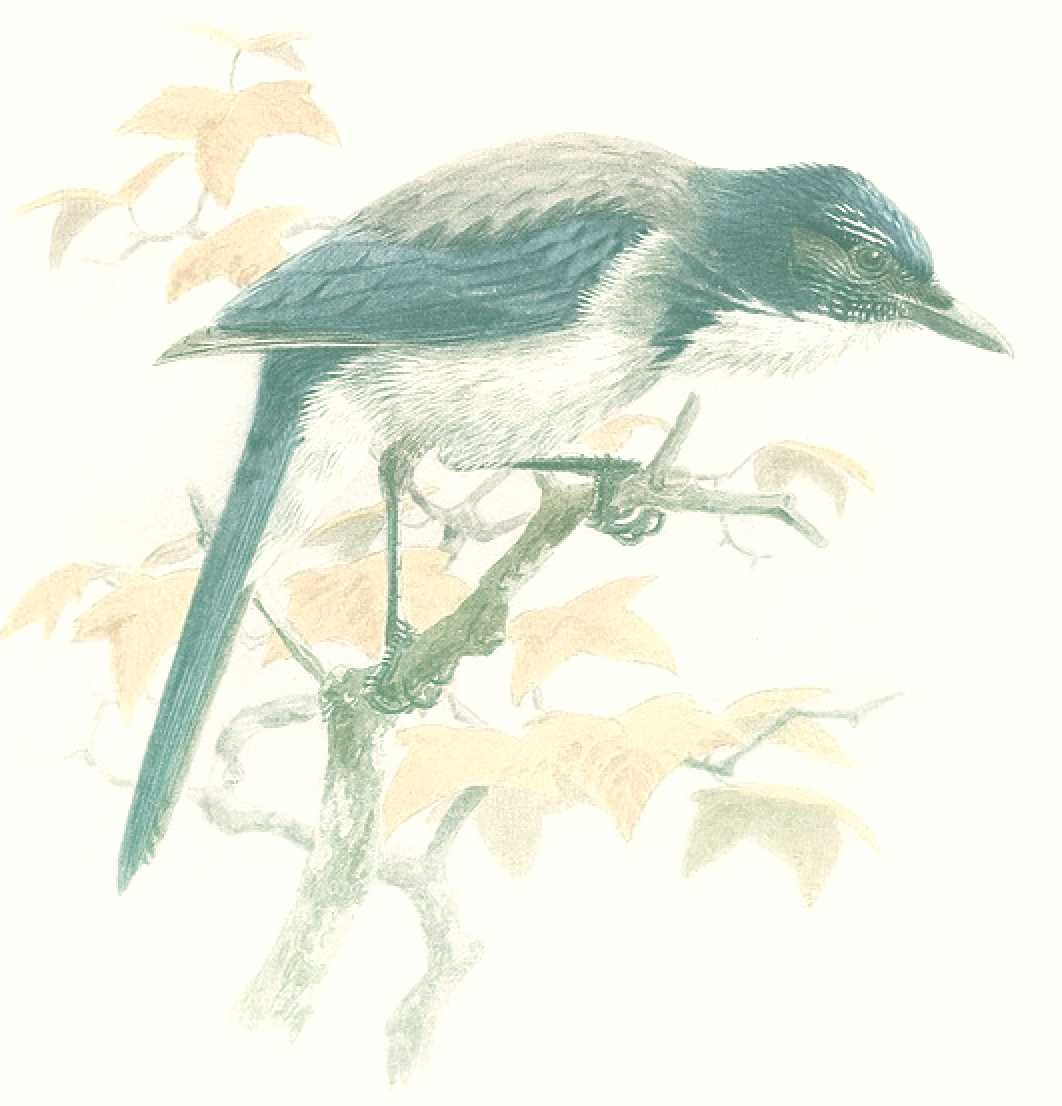
We belong to the land we inhabit
Bioregionalism invites us to remember our ecological identity, grounded in the functional landscape that the Earth herself expresses. The landscape is our partner--a living, intelligent participant in regeneration--and the gift and invitation is to listen to the Earth and re-organize human society in a way that honors the more-than-human world.
We belong to the land. We are called to know the plants and animals that make their home alongside us. This is the land that is ours to heal. The world is alive and is always speaking to us. Only by nurturing our personal familiarity with our own bioregion can we hear what the land is asking for.
We stand for what we stand on
We believe in place-based organizing because the world we are building depends upon people in each bioregion learning to unite as the people of one landscape and coordinate action to care for the land upon which they all equally depend. A biosphere made up of coherent, collectively-governed bioregions unlocks planetary regeneration.
We define the Bay Area bioregion broadly, as the 9 county area and the confluence of the watersheds between them. Drawing a strict boundary is less important than understanding the rich cultural, economic, agricultural, and environmental exchange across this influential area. We are members of Shasta bioregion. We are constituents of the nature-state of Salmon Nation. We are the people of the redwoods, of blackberries, of the redtail hawk, the black-tailed deer, the coyote, the raven. Our invitation is to fall in love with our land. We want to shape our bioregion into a model for the world of what regenerative civilization can be.
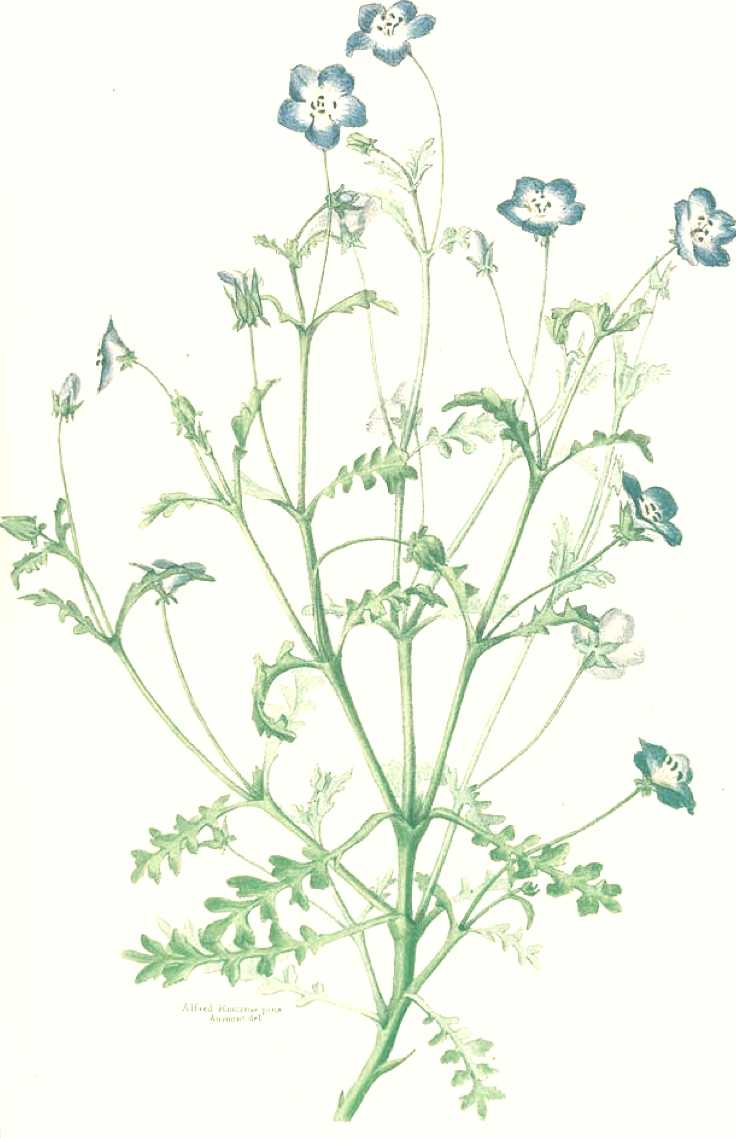
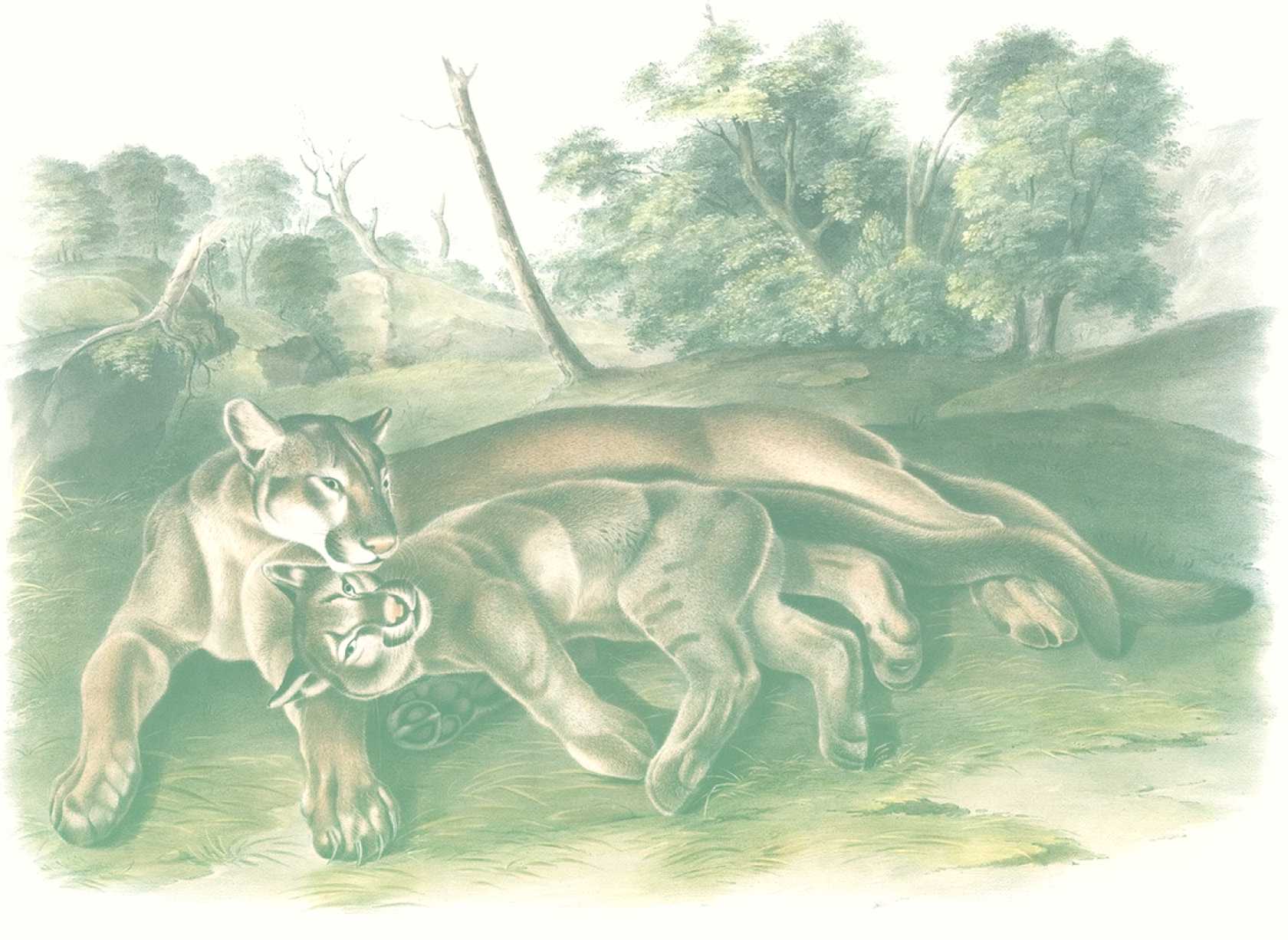
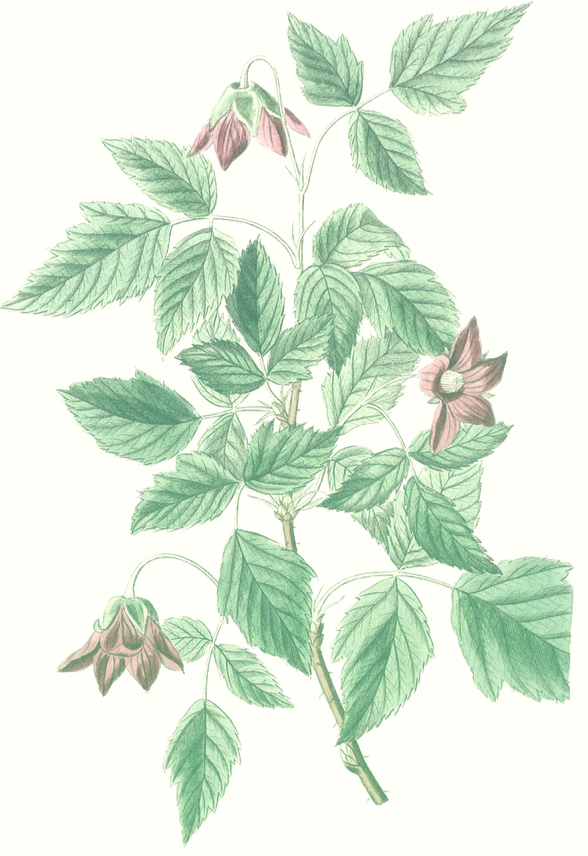
We live on native land
The place we call “The Bioregion”, the place most of us call home, is the ancestral home of many peoples. Ramaytush Ohlone, Amah Mutsun, Bay Miwok, Coast Miwok, Delta Yokuts, Patwin and Wappo are some of the names of the people of this land. All of those people were displaced by colonization which devastated culture & language, broke families, and interrupted unknown thousands of years of thriving in the bay. The people of this land achieved a type of harmony with the environment that is currently beyond our own capabilities. Under their care, the bioregion thrived, the water flowed as it wished, the creatures roamed as they pleased, redwoods stood tall, and the salmon ran free. The Association of Ramaytush Ohlone people and Amah Mutsun Tribal band are just two of many active communities today committed to land stewardship and honoring truth in history.
As we work to bring our modern technology, culture, economies and infrastructure into right relationship with the land, remember that the people of this land are separated from their homes and their sacred places are occupied by outsiders. Whatever solutions we imagine must account for this deep injustice and be developed under the leadership of and in partnership with original peoples.

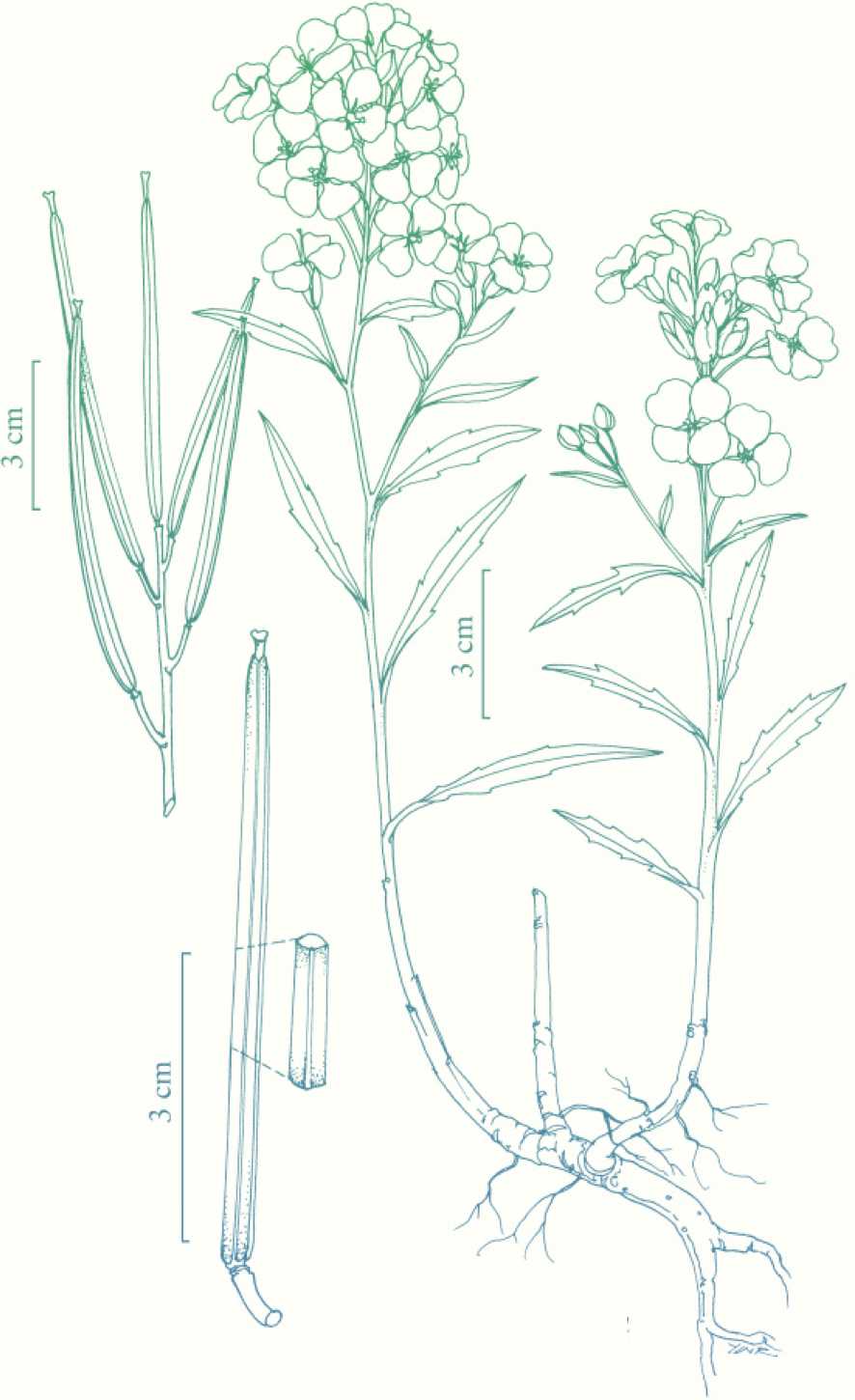
What We Mean
Bioregional Collective Intelligence
Collective intelligence refers to how groups of people working collaboratively together make better sense of the world and smarter decisions than any one person. We live embedded in many structures for collective intelligence, for example our our governments and economic systems, that are no longer serving the needs of our species or our planet. Terran is designing and practicing new and remembered models of collective intelligence that will allow us to make both smarter and wiser decisions for the whole. We fit our vision for collective intelligence to the scale of the bioregion, which is an ecologically-created polity that naturally aligns the interests of the people sharing that landscape. The bioregion is the level at which it is imperative we learn to coordinate action and collectively govern ourselves.
We also believe it is imperative that we bring all forms of intelligence to the table to make truly wise decisions. This means including diverse viewpoints, incorporating not just knowledge and mental intelligence but also integrating the intelligence of our hearts and bodies, our feelings and our intuitions. And we must listen to the wisdom of the living Earth and the more-than-human community with whom we share the biosphere. The more voices we hear the better our decisions as a planetary whole will be.

